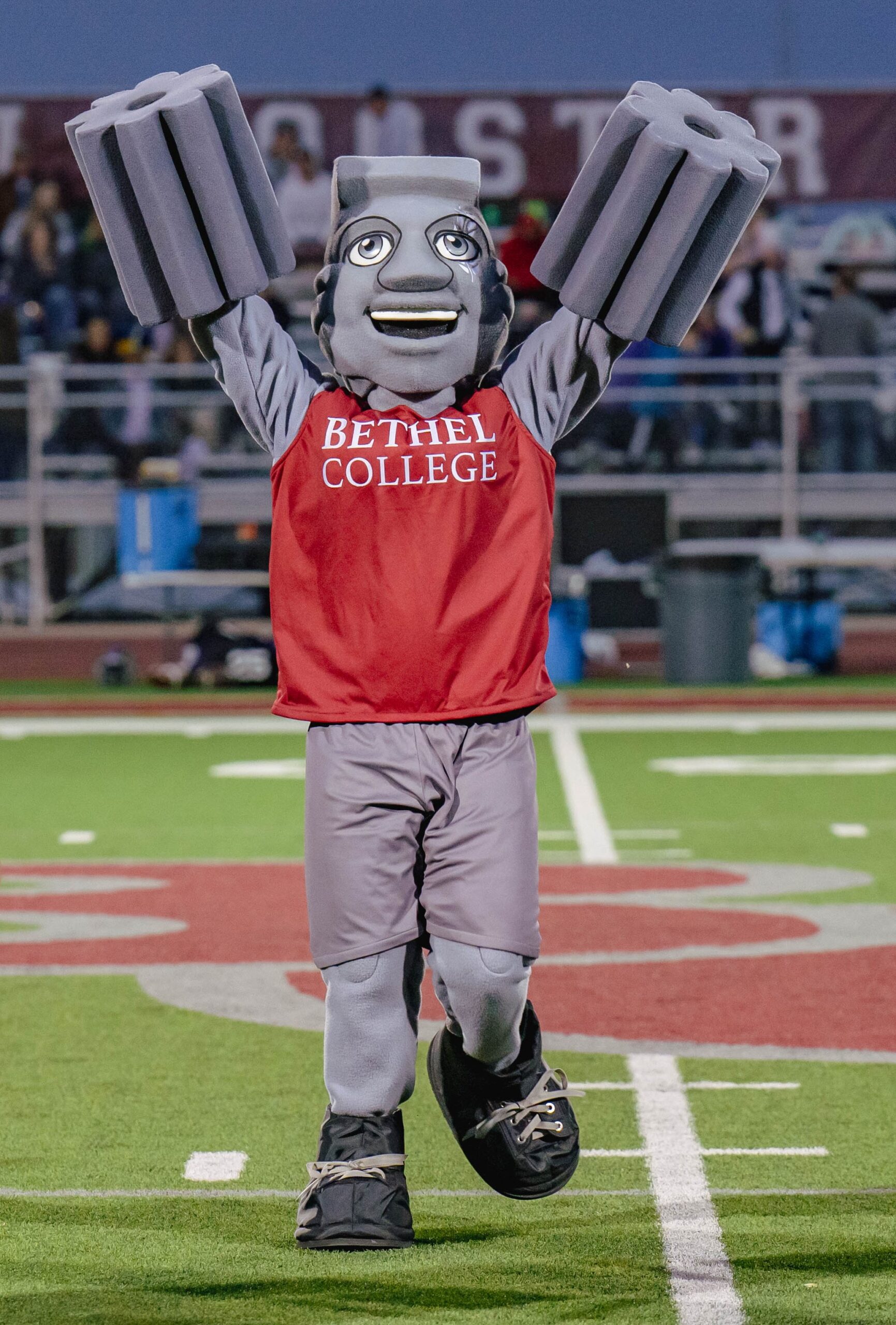Telemetry and turtles: Insights on climate change by walking amongst turtles over ten years
This presentation will highlight my experiences walking amongst box turtles over the past ten years. Specifically, I will highlight my insights gained from tracking box turtles via radio telemetry, which is a direct ‘boots-on-the-ground’ approach to examining animal behavior and movement patterns. As part of our long-term data collection, we examine temperature variables in many different ways, including the use of thermal imagery, internal body temperature sensitive passive integrated transponders, external body temperature via programmable thermochrons, and more. We conduct radio telemetry studies across five focal populations across three states (Kansas, Nebraska, and Iowa) and I will discuss the various ranging behaviors I have observed in relation to temperature and climate change.

Dr. Benjamin Reed is a physiological and behavioral ecologist at Washburn University. He has held the position of assistant professor of biology since 2018. He also teaches a field ecology course through the University of Nebraska-Lincoln every summer at a remote field station in Western Nebraska. His research currently focuses on the movement ecology, behavior, physiology, and conservation of Ornate Box Turtles (Terrapene ornata), the state reptile of Kansas. Dr. Reed’s research heavily involves undergraduate research students, and these students regularly present their research at local and regional conferences. The Washburn University Turtle Team, led by Ben, also engages in public outreach whenever possible, including presenting at kids camps, providing radio telemetry demonstrations, and presenting to nature groups including local Audubon Societies and zoo groups.








